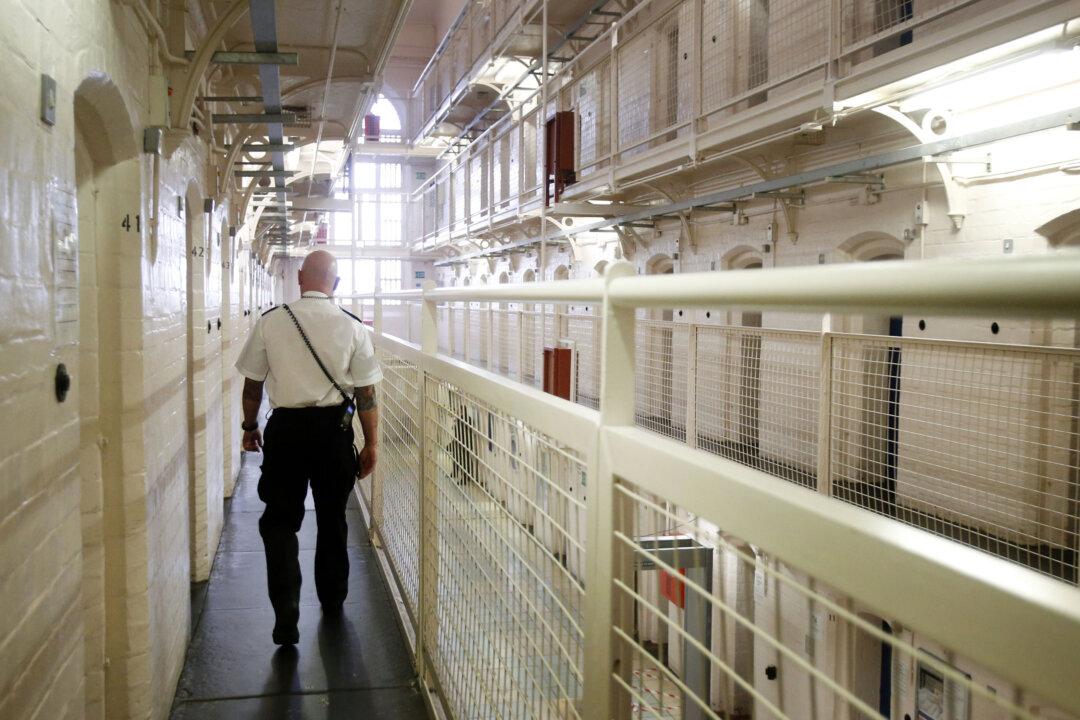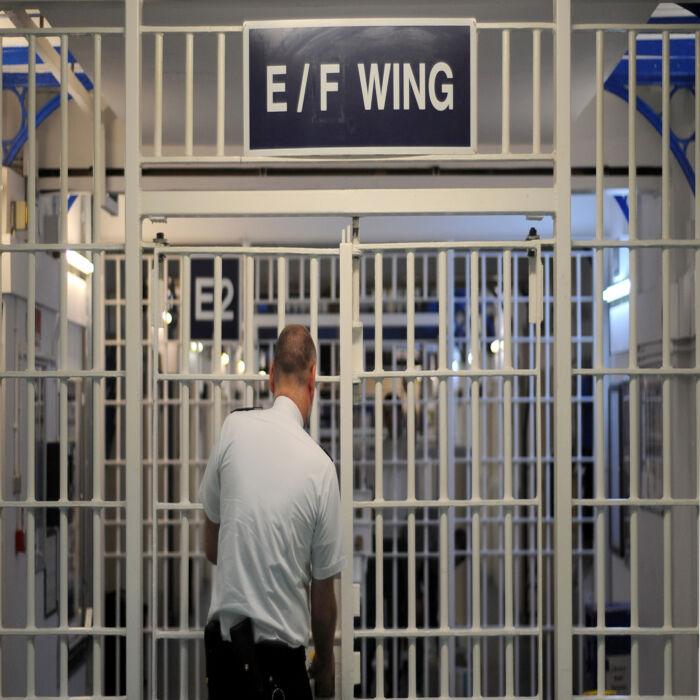The Scottish Parliament has approved the early release of prisoners to address pressures on the prison system.
MSPs backed the regulations, under which around 514 eligible prisoners will be released in four tranches from June 26.
At the meetings on June 5 and June 12, Scotland’s Criminal Justice Committee took oral evidence and subsequently considered a motion to approve the early release of prisoners. The proposals were passed on Wednesday by 66 votes to 47, with five abstentions.
Justice Secretary Angela Constance told the committee that the significant rise in the prison population had triggered the need for “immediate and urgent action.”
She noted that the prison system is facing challenges across the whole country, with Westminster and the leadership in Wales taking similar actions.
Prison Population Rise
Prisoners sentenced to less than four years and who are due to be released within the 180 days following June 26 are eligible. The latest release date, under the regulations, is July 25, 2024.Taking place over four phases, the release will be completed in tranches to allow necessary support and safe resettlement of the prisoners in their communities.
The Justice Directorate will work with victims organisations, with those wishing to get information about an offender’s release able to do so.
“This is part of a significant package of measures we are taking in both the short and longer term to deal with the continuing rise in Scotland’s prison population, which remains one of the highest in Western Europe,” Ms. Constance said.
Ministers described the increase as “significant” and one that could not have been anticipated. It came in the context of a rise of around 10 percent since the same time in 2023.
The government also said that numbers could keep growing in the immediate term.
‘Sticking-Plaster’ Solution
The chief executive of the Scottish Prison Service, Teresa Medhurst, told the committee that the use of emergency release was necessary.“With the population increasing at such steep levels, I have indicated to the Cabinet secretary that we will soon no longer be able to meet the basic rights of prisoners,” Ms. Medhurst said.
Scottish Labour voted against the plans, suggesting that the issue of the rising prison population has been “known about for some time.”
Speaking after the vote, the party’s spokeswoman Pauline McNeill said that the issue was “rushed through” without necessary precautions.
“Scottish Labour is concerned that the cohort of prisoners will include offenders who are serving up to four years, which will include serious offenders.
“This sticking-plaster SNP solution will do nothing to tackle the causes of overcrowding and could put us back right to where we are today—considering more emergency releases—in just a few months’ time,” Ms. McNeill said.
She called on the ruling Scottish National Party to address the root causes of overcrowding and offer a long-term sustainable plan.
The scheme initially allowed prisoners to be released up to 18 days before their conditional release date. An extension to 70 days has been approved by Justice Secretary Alex Chalk and took effect from May 23.







